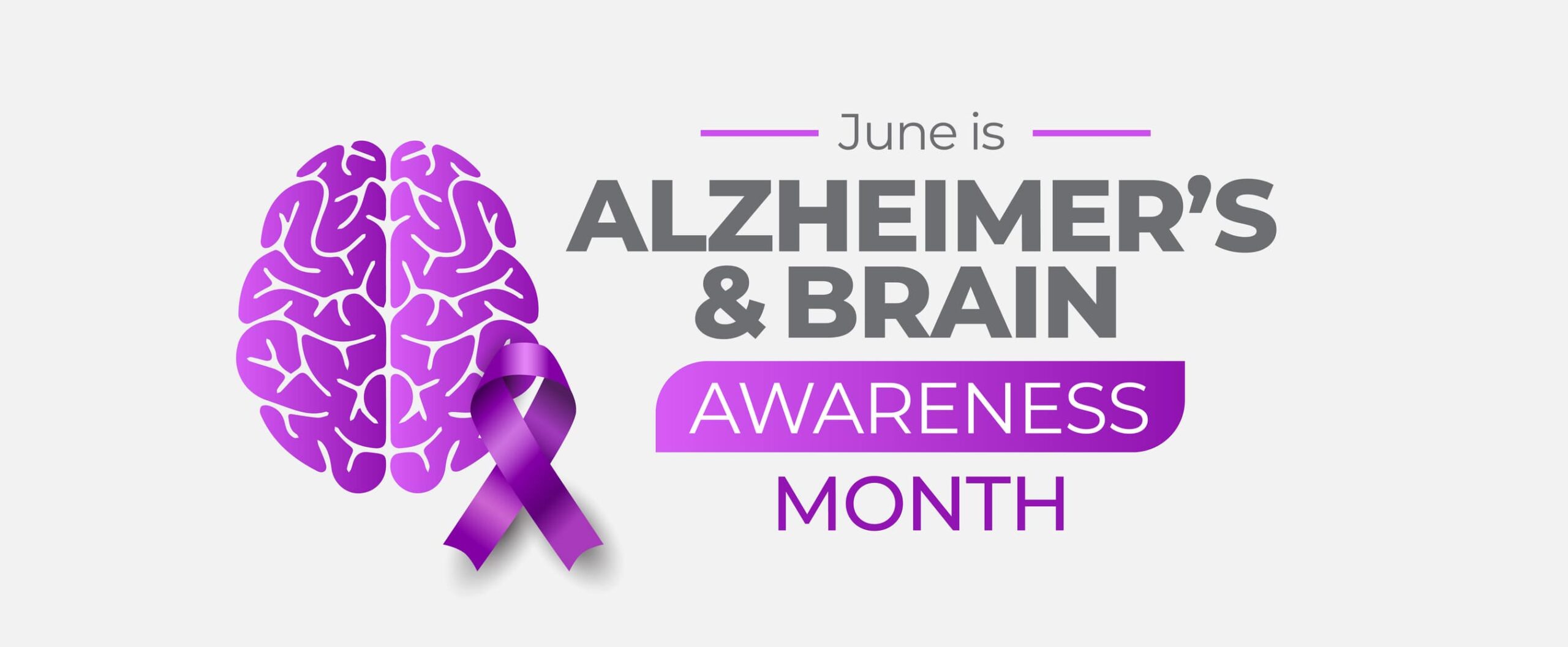Introduction
Brain health is a crucial aspect of overall wellness, influencing memory, decision-making, and emotional well-being. Maintaining a healthy brain can result in an improved quality of life and a lower risk of neurodegenerative diseases such as Alzheimer’s.
As the population ages, the importance of understanding how to support and protect our cognitive functions becomes increasingly paramount.
In this article, we will delve into the intricacies of brain health, explore the challenges posed by Alzheimer’s disease, and investigate ways to nurture our mental acuity throughout our lives. Keep reading to uncover the vital connections between lifestyle choices, scientific advancements, and the methods available to enhance and preserve cognitive health.
Exploring the Basics of Brain Health and Cognitive Function
The brain is a complex organ, and its health hinges on a variety of factors, including genetics, environment, and lifestyle. Fundamental to brain health are the neurons, or nerve cells, which serve as the building blocks of the brain. They communicate through electrical and chemical signals, forming intricate networks that are responsible for everything we think, feel, and do.
Cognitive function encompasses a range of mental abilities, such as attention, memory, language, and problem-solving. Just as muscles grow stronger with physical exercise, cognitive functions can be bolstered by mental challenges and a stimulating environment. Activities like learning new skills, engaging in puzzles, and social interactions can all contribute to a healthier brain.
As we age, it’s natural for cognitive functions to decline to some extent. However, this decline can be mitigated through proactive brain health strategies. Diet, mental activity, sleep quality, and stress management all play critical roles in maintaining cognitive function and preventing cognitive decline.
The Impact of Lifestyle on Brain Health and Alzheimer’s Risk
Lifestyle choices carry significant weight in the risk and progression of Alzheimer’s disease. Diet, for example, plays a critical role, with research suggesting that diets rich in vegetables, fruits, whole grains, and healthy fats may help stave off cognitive decline.
Physical activity is another key factor, and regular exercise improves blood flow to the brain and may encourage the growth of new brain cells. Even simple activities like walking, cycling, or swimming can have a positive impact on brain health.
Sleep is a pivotal yet often overlooked aspect of brain health. Quality sleep helps to clear the brain of toxins that build up during waking hours, including beta-amyloid, a protein associated with Alzheimer’s disease. Thus, adequate sleep not only sharpens the mind but may also protect against cognitive decline.
Advances in Alzheimer’s Research and Potential Treatments

Research into Alzheimer’s disease is ongoing, with scientists working tirelessly to unravel the mysteries of this condition. Genetic discoveries have shed light on risk factors, while advancements in imaging technologies allow for earlier and more precise diagnoses.
Treatments for Alzheimer’s are currently aimed at managing symptoms, delaying progression, and improving quality of life. Medications that target neurotransmitters are commonly prescribed to address cognitive symptoms, though they do not reverse the disease.
Emerging research is exploring the potential of disease-modifying therapies that aim to target the disease process itself. These treatments include vaccines to clear beta-amyloid from the brain and medications that reduce tau protein tangles, both hallmarks of the disease.
Strategies for Supporting Loved Ones With Alzheimer’s Disease
Caring for a loved one with Alzheimer’s can be both emotionally and physically taxing. Understanding the progression of the disease is the first step toward providing effective support. This knowledge enables caregivers to anticipate changes and address the evolving needs of those affected.
Creating a safe and comfortable environment is critical. This may include removing hazards, ensuring good lighting, and using labels or signs to help the individual navigate their living space. Routines and structure can also provide a sense of stability and security for someone with Alzheimer’s.
Overall, while Alzheimer’s remains a formidable challenge, understanding the factors that contribute to brain health can empower individuals to take preventative measures. Advances in research offer hope for future breakthroughs in treatment, and support strategies can aid those caring for loved ones with the disease. By combining knowledge, progressive science, and compassionate care, we can work towards a brighter future for those affected by Alzheimer’s and their families.



